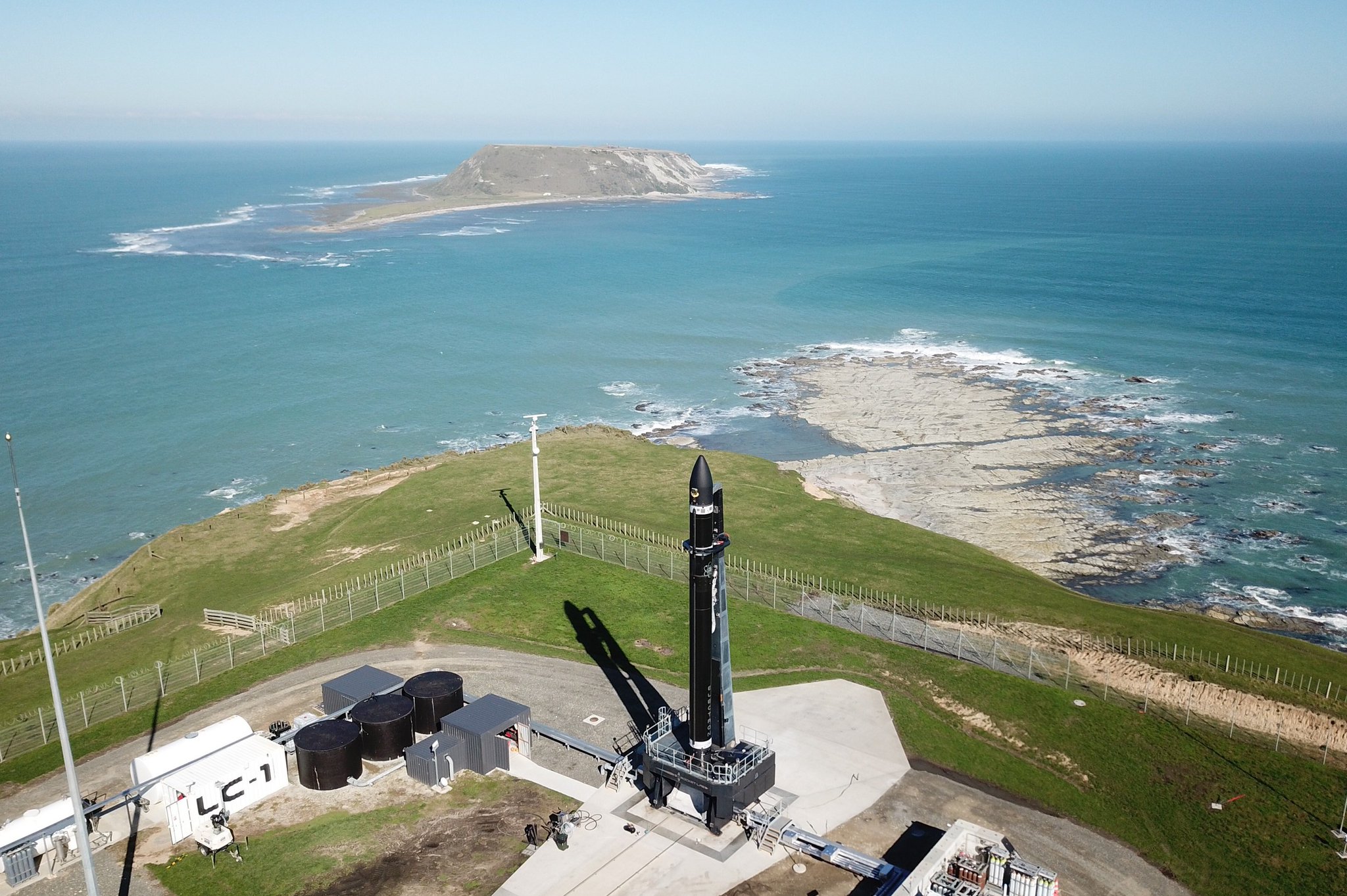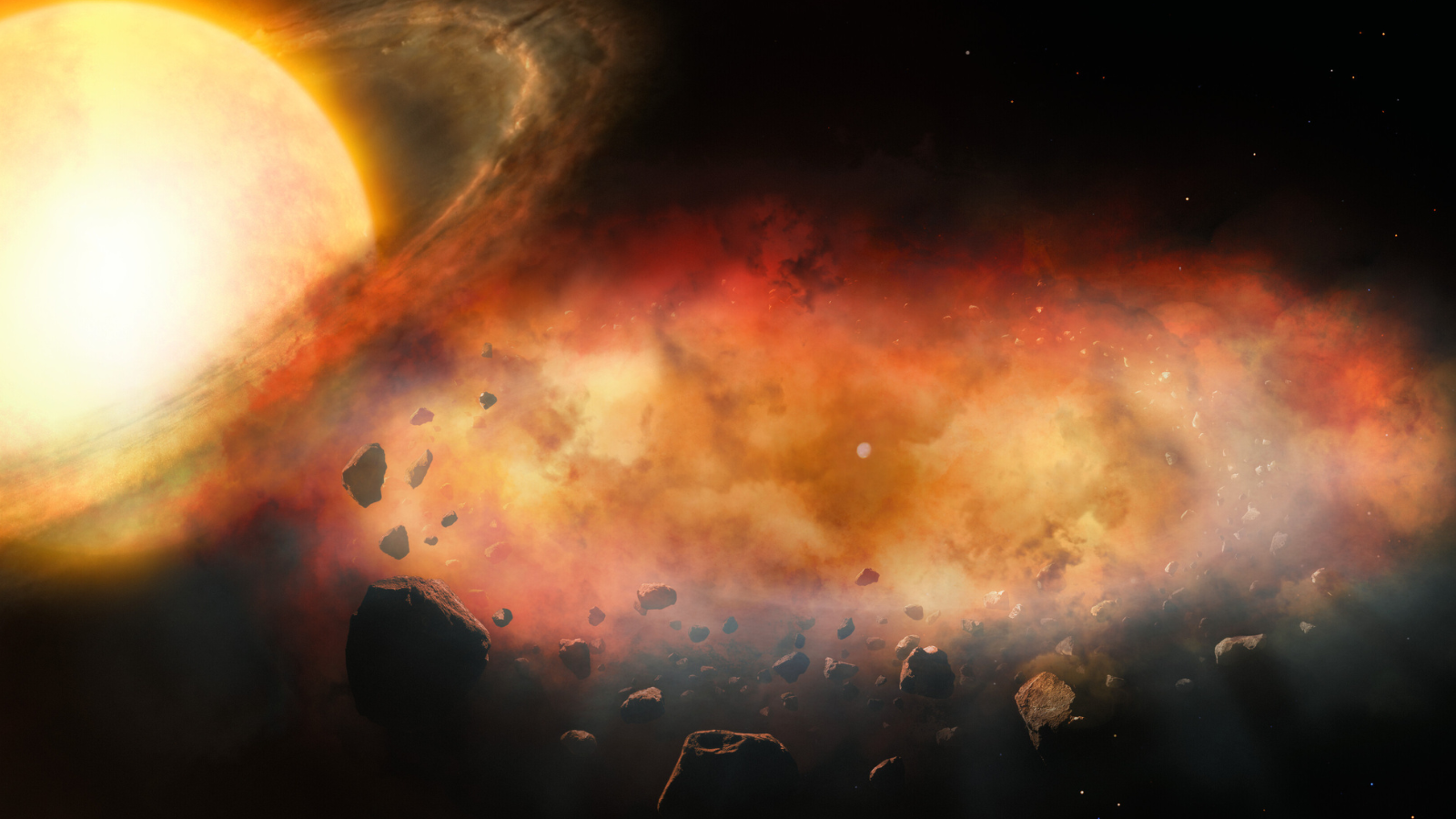Rocket Lab Delays Electron Launch for US Air Force

Rocket Lab has called off Saturday morning's (May 4) launch of three experimental satellites for the U.S. Air Force to conduct additional payload checks.
The liftoff of Rocket Lab's Electron booster had been scheduled to take place from the company's New Zealand launch site during a four-hour window that opened at 2 a.m. EDT (0600 GMT; 6 p.m. local New Zealand time) on Saturday.
The next available launch opportunity is Sunday (May 5), at the same times outlined above, company representatives said.
Related: In Photos: Rocket Lab and Its Electron Booster
Standing down from today's launch to conduct additional payload checks. The next launch opportunity is no earlier than 06:00 UTC / 18:00 NZT, 5 May. Stay tuned for updates!May 4, 2019
The mission, known as STP-27RD, will deliver two cubesats and one larger satellite, all of them research-and-development craft, to Earth orbit for the Air Force's Space Test Program.
You can learn more about each satellite and the STP-27RD mission in our launch preview story here. The mission, called "That's a Funny Looking Cactus," is Rocket Lab's second Electron launch of 2019 and the fifth orbital flight of the small-satellite launching vehicle overall.
- Rocket Lab Aims to Win Cubesat-Launching Race
- It's Business Time! Rocket Lab Lofts 6 Satellites on 1st Commercial Launch
- Cubesats: Tiny, Versatile Spacecraft Explained (Infographic)
Mike Wall's book about the search for alien life, "Out There" (Grand Central Publishing, 2018; illustrated by Karl Tate), is out now. Follow him on Twitter @michaeldwall. Follow us on Twitter @Spacedotcom or Facebook.
Breaking space news, the latest updates on rocket launches, skywatching events and more!

Michael Wall is a Senior Space Writer with Space.com and joined the team in 2010. He primarily covers exoplanets, spaceflight and military space, but has been known to dabble in the space art beat. His book about the search for alien life, "Out There," was published on Nov. 13, 2018. Before becoming a science writer, Michael worked as a herpetologist and wildlife biologist. He has a Ph.D. in evolutionary biology from the University of Sydney, Australia, a bachelor's degree from the University of Arizona, and a graduate certificate in science writing from the University of California, Santa Cruz. To find out what his latest project is, you can follow Michael on Twitter.
